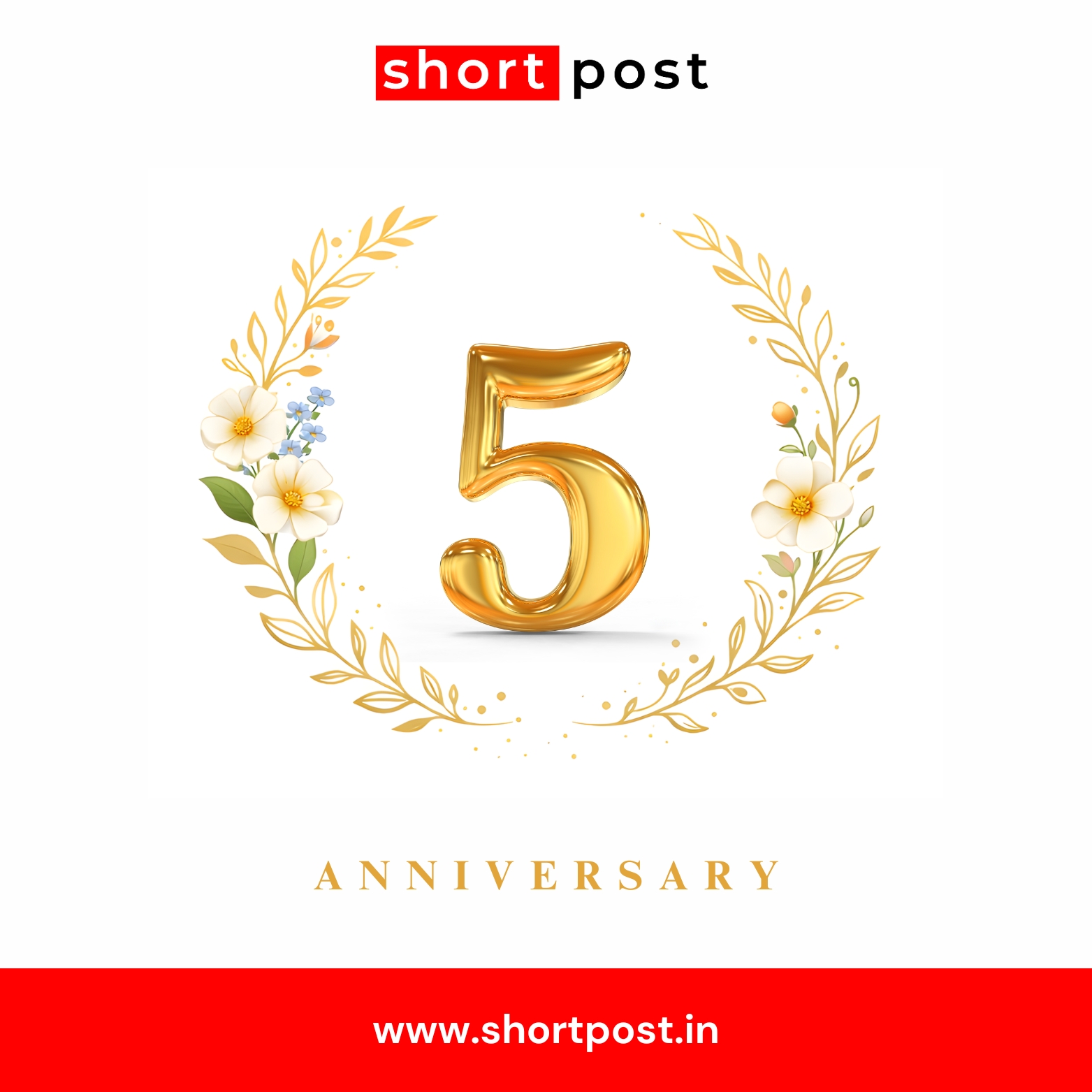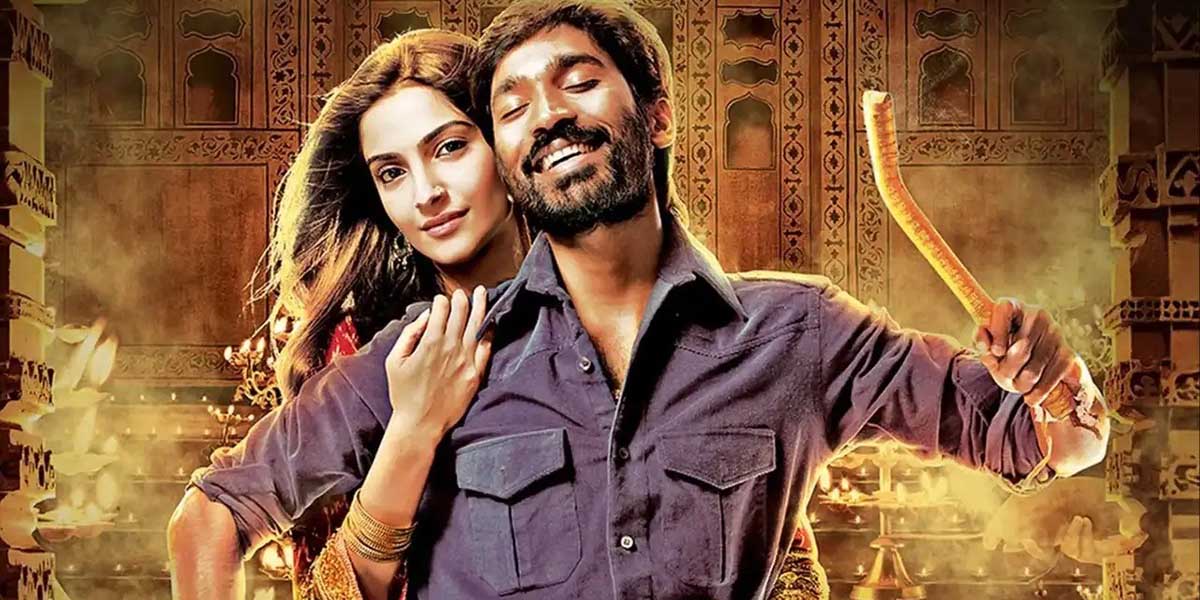The 2013 film Raanjhanaa directed by Aanand L Rai, stands as a testament to the power of storytelling, featuring an unconventional pairing of Dhanush and Sonam Kapoor. Its memorable music and poignant direction marked a significant milestone in Indian cinema, propelling Rai into the realm of celebrated directors. The film’s narrative, with its bittersweet ending, resonated deeply with audiences, creating a lasting emotional impact akin to classics like Sadma, Qayamat Se Qayamat Tak and Ek Duje Ke Liye. In the age of artificial intelligence, the temptation to alter established narratives for the sake of novelty or entertainment poses a significant threat to the integrity of original works. The notion of revisiting Raanjhanaa to create a happier ending, albeit under the guise of innovation, undermines the artistic vision of its creators, including the director and writer. Once a film is released into the public domain, it becomes a shared experience, and any post-release alterations—especially those that disregard the original intent—can be seen as a disservice to the creative process. Eros International, the rights holder of Raanjhanaa pursuing an alternate ending without the director’s consent is not just an inappropriate approach; it sets a troubling precedent for other producers. Such actions could lead to a slippery slope where the creative authority of filmmakers is undermined, allowing producers to alter endings at will. Using AI to trivialize or distort established narratives is a misuse of technology. As we navigate the intersection of technology and creativity, it is crucial to uphold the sanctity of original narratives, ensuring that the heart of storytelling remains intact.

 Politics
Politics Business
Business Entertainment
Entertainment Sports
Sports Celebrities
Celebrities





